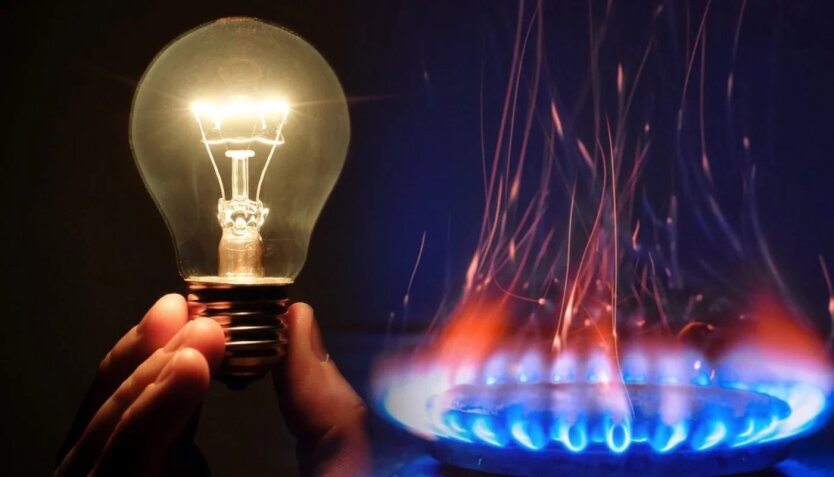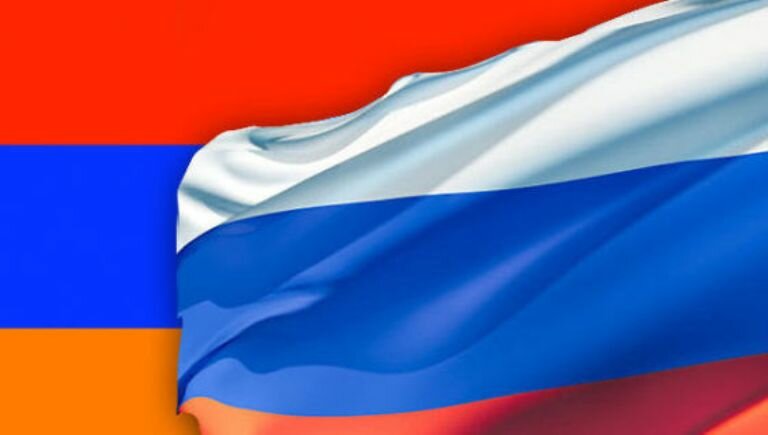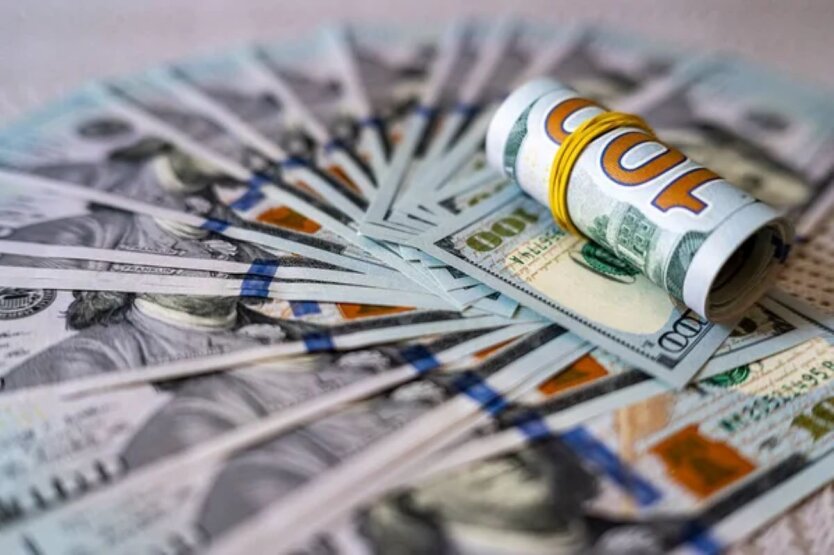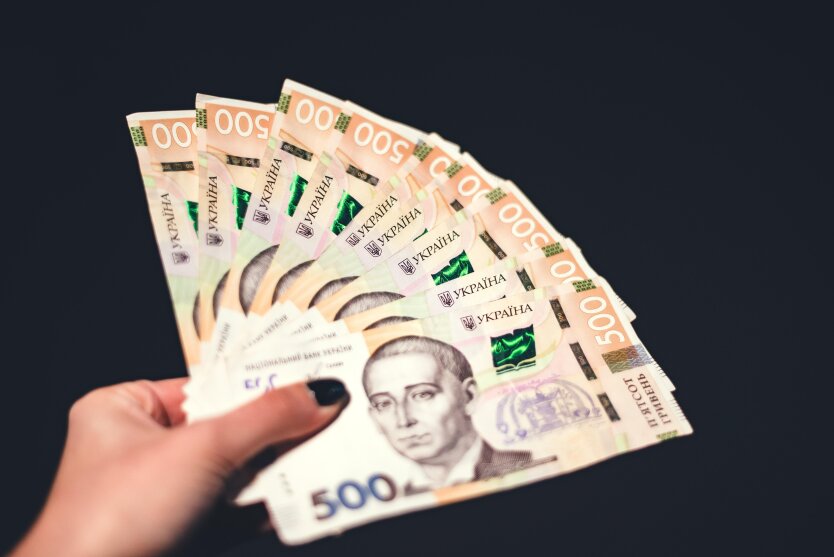The Economy of Russia Only Creates an Illusion of Stability - Report for the EU.

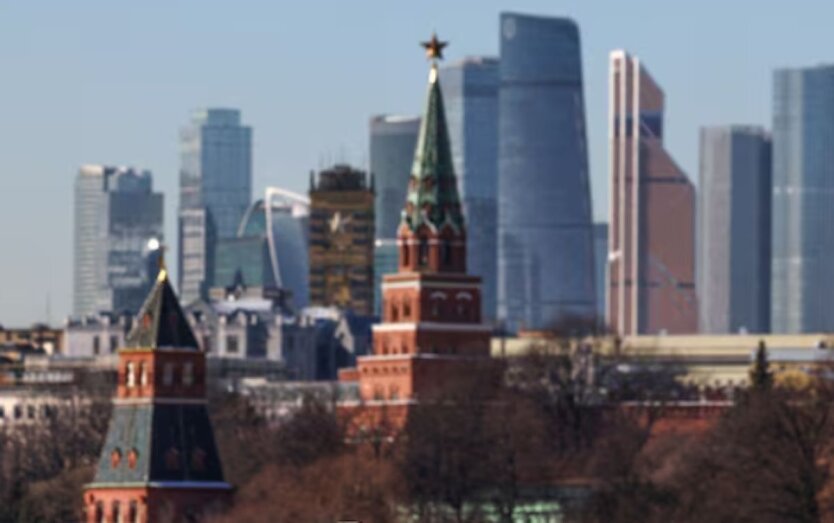
The State of the Russian Economy
The Stockholm Institute of Transition Economics (SITE) reported that the Russian economy is becoming increasingly unstable due to the transition to a 'military regime' and sanctions imposed because of Russia's interference in Ukraine. Although the economy is still relatively stable for now, it has fundamental imbalances and structural weaknesses that are growing.
'The fiscal stimulus of the war economy has kept the economy afloat in the short term, but dependence on opaque funding, distorted resource distribution, and shrinking fiscal buffers makes it unsustainable in the long term. Contrary to the narratives of the Kremlin, Time is not on Russia's side' - analysts note.
The SITE report also indicates that Russia's GDP growth indicators may be inflated. Moscow claims a GDP growth of 4.3% in 2024, however, international experts doubt these figures.
Financial Risks
Torbjorn Becker noted that budget constraints in Russia are explained by falling revenues from energy resources and rising military spending. The budget deficit is about 2% of GDP annually, although official statistics may be distorted. The European Commission agreed with SITE's analysis, emphasizing that the Russian economy appears to be less resilient than official data suggests.
The report also points out that military spending is financed through the banking system, creating additional financial risks. This could lead to a banking crisis, highlighting the overall fragility of the Russian economy.
Read also
- Ukrainians are facing an increase in utility prices: when and by how much will tariffs rise
- The watermelon season has begun in Ukraine: what is wrong with the prices
- Summer Earnings: Where to Go for High Salaries and Which Regions to Avoid
- Russia is increasing its military presence in Armenia amid tensions with Azerbaijan, - GUR
- Euro to Break 50 Mark: Expert Names Factor That Will Weaken Hryvnia in July
- Not for all pensioners: The Pension Fund explained who will receive an additional 5000 hryvnias every month

